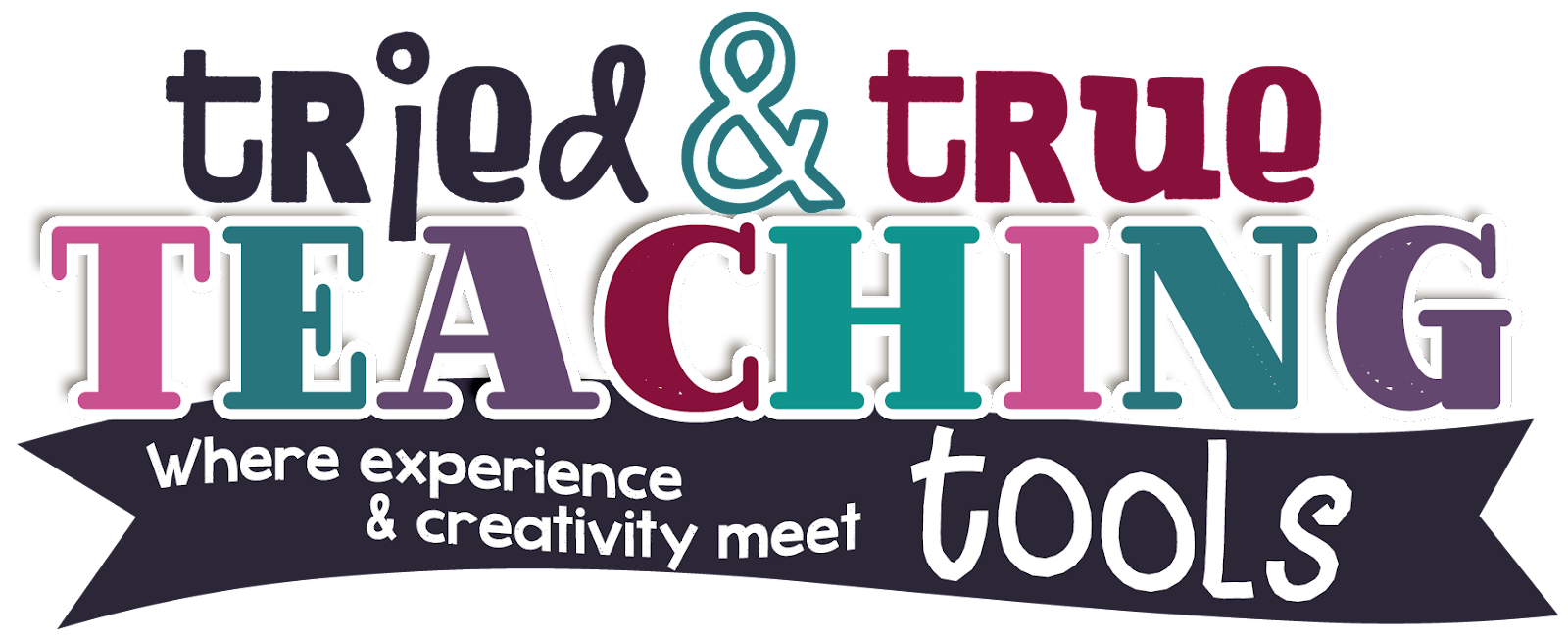Anderson notes that when teachers have a high degree of self-efficacy, they exhibit positive behaviors:
Become Less Dependent on Others' Approval
Who wouldn't want these behaviors?! However, in a culture of "praise junkies", many people are unable to feel validated or competent unless others are telling them how wonderful they are. Begin to self-assess more often. Examine what you do well so YOU are proud of successes in the classroom.
It's Okay to Be Proud of Yourself
I laughed (a little uneasily, I admit) when I read Anderson's unwritten commandment in schools: "Thou shalt not appear to outdo thy neighbor." Many teachers may feel they should not appear proud of their work or student successes because others may believe they are better than their colleagues. (This is silly, I hope you know. . . SHARE! Talk about all the good going on in your classroom; I learn best when I see what other teachers are doing and I am motivated to try new strategies or lessons when I hear how excited others are!)
Focus on What You Can Control
 What does it mean to be a good teacher? Teachers with self-efficacy focus on what they CAN control when setting goals for themselves. Anderson gives charts with many specific examples for setting practical goals.
What does it mean to be a good teacher? Teachers with self-efficacy focus on what they CAN control when setting goals for themselves. Anderson gives charts with many specific examples for setting practical goals. - Observe and collect data
- Examine data & generate ideas
- Choose a goal
- Assess through observation and data collection
- Consider next steps
Personally, I love to teach writing and I love the concept of mini-lessons during Writers’ Workshop. However, I notice my “mini-lessons” often turn into full-blown (aka LONG) directed teaching sessions, leaving my students with little time to write (& missing the whole point of "mini")! THIS is an area that I can directly work on improving!
When we have confidence that we are being successful with our students, then we will not only achieve self-efficacy, but we will ENJOY teaching!




No comments
Post a Comment